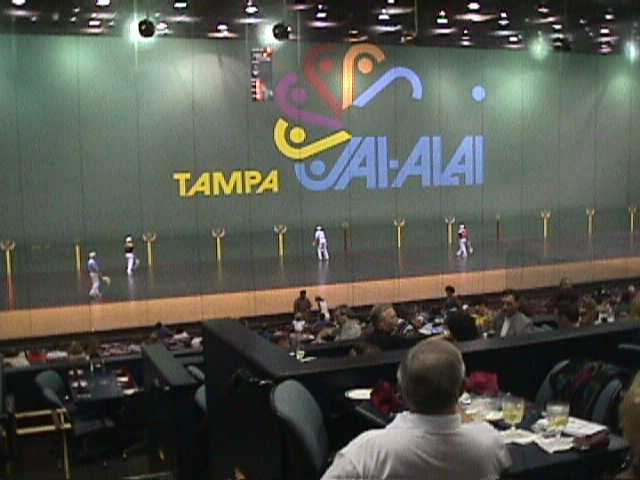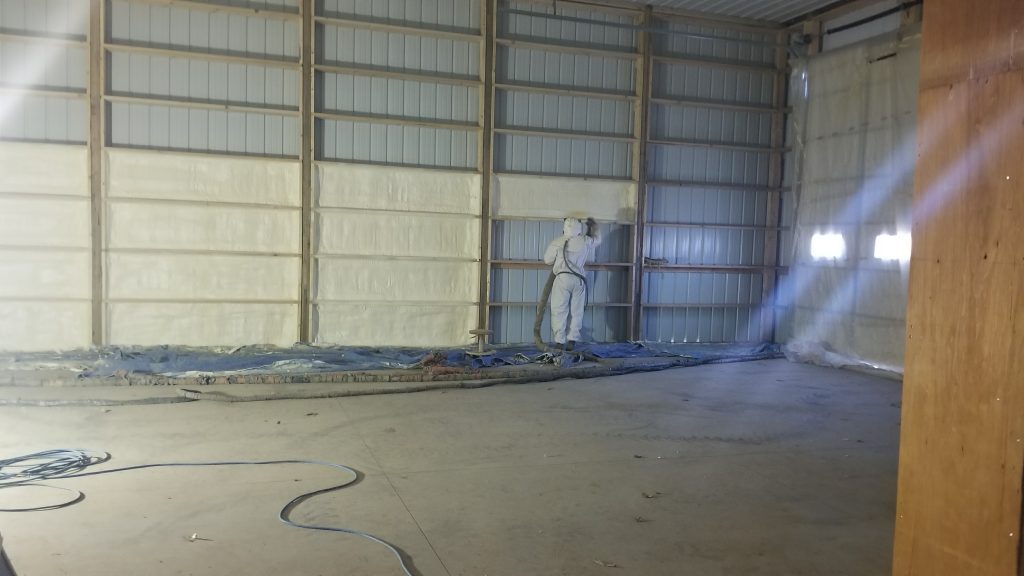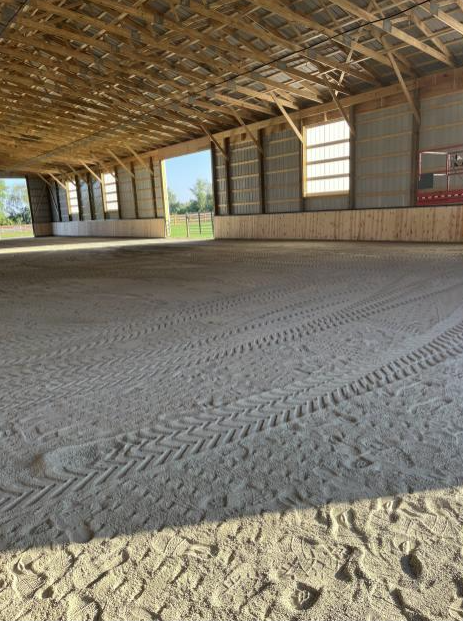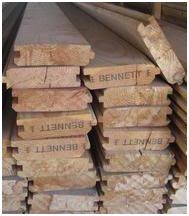Jai Alai Court
In my now rapidly approaching 40 year career in and around post frame buildings, I have covered lots and lots of very diverse things. These have included train and trolley car refurbishing, Las Vegas zoo’s giraffe barn, a United States Marine Corps rifle range, steer roping, basketball and volleyball courts, baseball batting cages, but never before a Jai Alai court.

Well, first time for everything, right?
We recently received this request from Senor Frogs Restaurant in the Bahamas:
“Good Morning,
We are building a Jai Alai court in Mexico (photos attached)
We would like to install a roof like the one in the picture also attached. (we found this photo in the internet and had your website)

The structure will be done locally but the need the material to cover it.
Is that something you can help us with?
Thank you very much
Kind regards”

My sum total of knowledge about Jai Alai is I had heard of it. Not much of a basis to work from, however I do have internet access!
Jai Alai originated in Spain’s Basque region some 400 years ago. Today Jai Alai is played in Spain, Cuba, South America, Mexico, The Philippines, Italy and even in the United States of America, primarily in Florida. The first court was made in 1748 and more than 300 have been built since.
Jai Alai is typically played up to a score of seven with points being scored when the opposing team fails to return to serving team. A return must be one swift motion with player catching the pelota and throwing it back in one fluid movement. The Pelota is the hardest ball in all of sports and is tougher than a rock. If the pelota is held too long a return can be considered void.
Known as a fronton, a Jai Alai court is 176 to 180 feet long by 35 to 50 feet wide by 35 to 40 feet high. It is comprised of three walls, side, back and front. Primary playing surface is the three part sidewall.
In order to play Jai Alai players must have some equipment. Most important piece is the cesta, meaning basket in English. A cesta is attached to a player’s right arm and is used to catch the pelota. A helmet must also be worn to protect player’s head as the pelota can go up to 200 miles per hour!
Whether in Mexico, or anywhere else on our planet, Hansen Pole Buildings can custom design a third party engineered post frame building to cover or enclose any low rise structure (up to 40 foot tall walls without sprinklers) – even a Jai Alai fronton!









